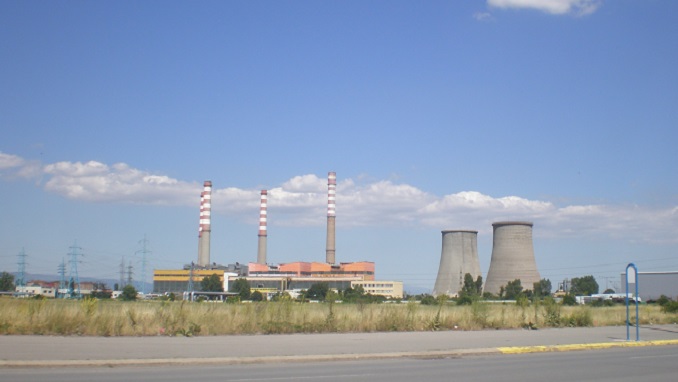The Bulgarian parliament has approved a plan to revive the Belene nuclear power plant five years after the Russian project was suspended due to financing problems and concerns about relying too heavily on Russian energy, Euronews reports.
The parliament on June 7 approved Prime Minister Boyko Borisov’s proposal to develop a plan to resume construction of the plant on the Danube River by the end of October.
Bulgaria had already spent around $1.8 billion on the plant when the government in 2012 put a moratorium on further work, under pressure from the United States and European Union to limit its energy dependence on Russia.
Bulgaria also suspended the joint project with Russian company Atomstroyeksport because it failed to find any foreign investors prepared to shoulder its spiraling costs, estimated at about $11.8 billion in total.
The suspension angered Russia, which had hoped to use Belene as an EU showcase for its new generation of pressurized water reactors.
Sofia had to pay more than 620 million euros to Russia’s Rosatom for scrapping the project, but it also received nuclear parts for two 1,000-megawatt reactors, which were conserved and maintained.
Last week, Energy Minister Temenuzhka Petkova said that a campaign to pick a strategic investor for the project would be launched by the end of 2018.
Russia’s Rosatom has said it will make another bid to complete the project. Also in the running are Chinese state nuclear company CNNC and France’s Framatome, which is majority-controlled by EDF.
Petkova said the government did not want to commit more public funds, extend state guarantees for any loan, or sign any long-term electricity-supply deals to make the project viable.
Vadim Titov, director of Rosatom Central Europe, told a Bulgarian energy conference on June 7 that the Russian company was ready to start talks with the Bulgarian authorities on reviving the project.
The Belene plant’s two 1,000-megawatt reactors were intended to replace four old Soviet-built units that were shut down more than a decade ago amid security concerns at the only existing nuclear plant in Bulgaria, at Kozloduy.
There are still two Soviet-built operational reactors at Kozloduy, dating back to 1987 and 1991, which provide about 30 percent of the country’s electricity.
Dozens of Bulgarians protested outside parliament against the government’s plans for Belene on June 7, saying the project’s benefits were not enough to justify its costs and contending that it has been a source of corrupt practices for decades.












